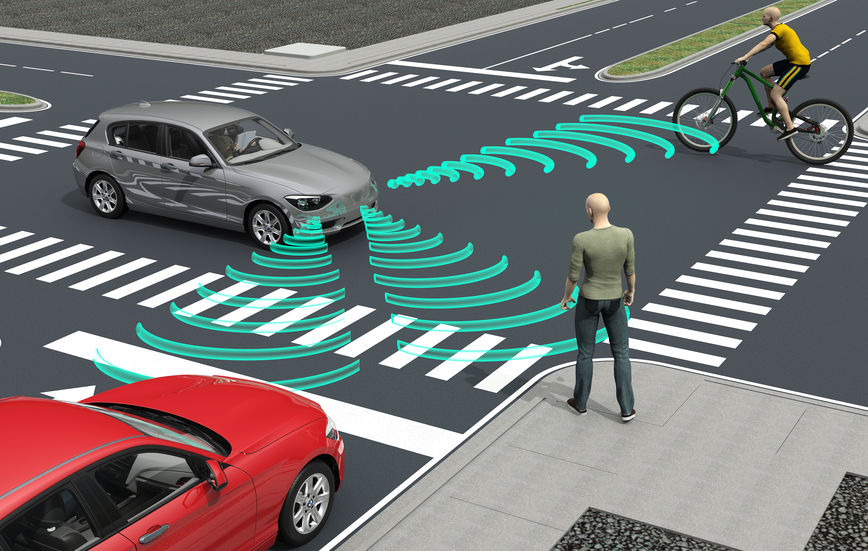University of Arizona researchers are collaborating on an autonomous technology project that could prove autonomous vehicles can improve traffic flow and decrease fuel consumption.
The project aims to demonstrate for the first time in real traffic that using intelligent control of a small number of connected and automated vehicles can improve the energy efficiency of all the vehicles by reducing traffic congestion, said Electrical and Computer Engineering (ECE) Professor Jonathan Sprinkle.
“More and more passenger vehicles come with features that automate some driving tasks,” Sprinkle said. “New advancements in machine learning are showing how small changes to those features can work to address societal-scale challenges, such as the amount of fuel spent while sitting in stop-and-go traffic during a daily commute.”
The project is being funded through a $3.5 million U.S. Department of Energy cooperative research project. UofA is receiving $875,000 for its part of the project.
Sprinkle and fellow ECE Professor Roman Lyseck are the two principal investigators for UA’s piece of the project. Professor Alexandre Bayen, director of the Institute of Transportation Studies at the University of California, Berkeley, is leading the project.
“More and more passenger vehicles come with features that automate some driving tasks. New advancements in machine learning are showing how small changes to those features can work to address societal-scale challenges,” Bayen said.
Earlier studies show fuel consumption decreased up to 40 percent
The project is a continuation of the research team’s prior work, which introduced an autonomous car into a traffic circle to calm stop-and-go traffic waves, resulting in smoother flow and significantly reduced fuel consumption.
In previous field experiments funded by the National Science Foundation on a single-lane track, UArizona researchers found that fuel consumption decreased up to 40 percent. With more complex traffic conditions, including vehicles with drivers, researchers estimate that automating fewer than 5 percent of vehicles in the traffic flow will result in a greater than 10 percent energy gain.
One of 43 projects for sustainable driving technology
The project is part of $59 million the DOE Office of Energy Efficiency and Renewable Energy Vehicle Technologies Office has allocated for 43 projects involving research for advanced batteries and electric drive systems, co-optimized engine and fuel technologies, materials for more efficient powertrains, alternative fuels and energy-efficient mobility systems.
“Vehicles drive our national economy,” said DOE Under Secretary of Energy Mark W. Menezes said in a release. “At DOE, we support a broad portfolio of technologies, generating the knowledge needed for industry to further develop and commercialize affordable, secure and reliable transportation systems.”
American vehicles move more than 3 trillion miles a day
UArizona researchers are among engineers and scientists working to improve technology to tackle climate change. Vehicles are one of the main sources of harmful emissions.
In the United States alone, vehicles annually transport 11 billion tons of freight and move more than 3 trillion vehicle-miles, according to the U.S. Department of Transportation. The average U.S. household spends nearly a fifth of its total family expenditures on transportation, second only to housing.
This story was originally published at Chamber Business News.




